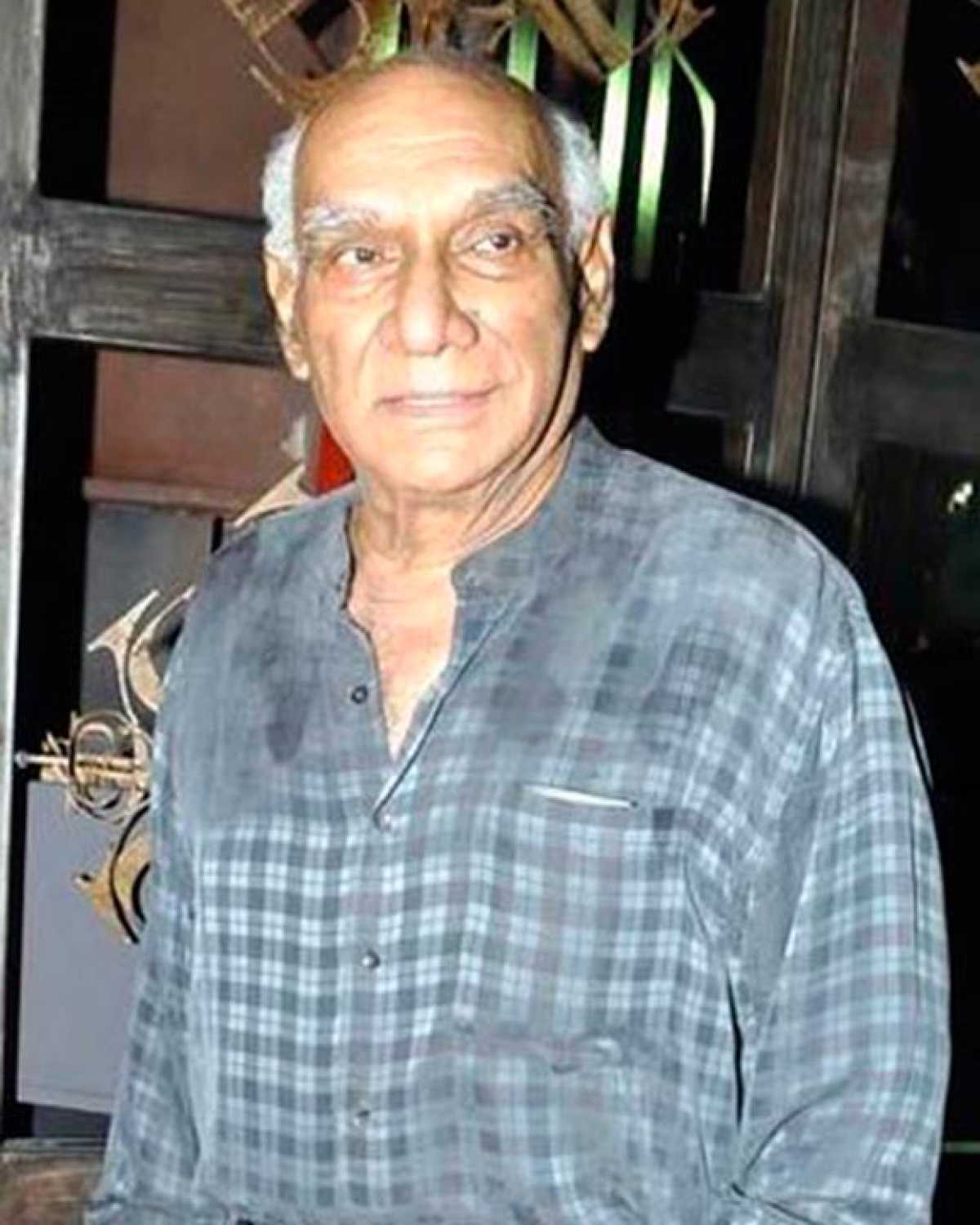The filmmaker, who would have turned 84 today (27 September), began his directorial career not with romantic tales but with searing socials.


Keyur Seta
The mere mention of Yash Chopra brings back memories of his numerous romantic films shot at picturesque locations in India and abroad. In fact, his name has become synonymous with romance.
But it would be unfair to only consider Yash Chopra the King of Romance. At the beginning of his career, the filmmaker successfully tackled social issues. Dhool Ka Phool (1959), his debut as a director, was about an illegitimate child being raised by a stranger. It subtly touched upon the theme of communal harmony as the child was a Hindu and its guardian, a Muslim.
In his second film, Dharmputra (1961), Chopra explored the communal question in greater depth. The film not only spoke about communal harmony but also made a strong statement against religious fanaticism.
Based on a novel of the same name by Acharya Chatursen, Dharmputra marked the Hindi film debut of Shashi Kapoor. It also starred Mala Sinha, Ashok Kumar, Manmohan Krishna, Nirupa Roy, Rehman, Indrani Mukherjee and Tabassum.
 The story begins in pre-Independence Delhi. Nawab Badruddin (Kumar) takes his pregnant daughter Husn Bano (Sinha) to Dr Amrit Rai (Krishna), son of his late best friend. As Bano’s lover (Rehman) has deserted her, Baduruddin begs Rai to adopt her child as his own. Rai and his wife Savitri (Roy) agree. The child, who is named Dilip (Kapoor), grows up to be a Hindu fanatic.
The story begins in pre-Independence Delhi. Nawab Badruddin (Kumar) takes his pregnant daughter Husn Bano (Sinha) to Dr Amrit Rai (Krishna), son of his late best friend. As Bano’s lover (Rehman) has deserted her, Baduruddin begs Rai to adopt her child as his own. Rai and his wife Savitri (Roy) agree. The child, who is named Dilip (Kapoor), grows up to be a Hindu fanatic.
Dharmputra was a touching and hard-hitting saga that remains as relevant today as it was in the 1960s. Still only in his late 20s, Chopra showed great maturity in handling such a sensitive subject. Apart from Kapoor’s sensational debut and a number of other notable performances, the overwhelming confrontational sequences in the end deserve mention and provide repeat value to the film.
Dharmputra also boasts of some memorable songs through the combination of composer N Datta and lyricist Sahir Ludhainvi. ‘Chahe yeh mano chahe woh mano’ and ‘Yeh kiska lahoo hai kaun mara’ are the best of the lot. The second one even has a guest appearance by Rajendra Kumar, whose act increases the effect of the lyrics.
Unfortunately, Dharmputra didn’t click at the box office. The film faced protests from right-wing groups and was pulled out in a short time. Some things don't change, do they? It ended up becoming Chopra’s first flop.
In a way, Dharmputra was a film way ahead of its time. It did achieve a few feats in the form of the National award for Best Feature Film in Hindi and Filmfare award for Best Dialogue for Akhtar-ul-Iman. But Chopra never touched the subject ever again, not even as a producer. Was it the negative response and the controversy that made him stay away from the genre? We can only guess.









